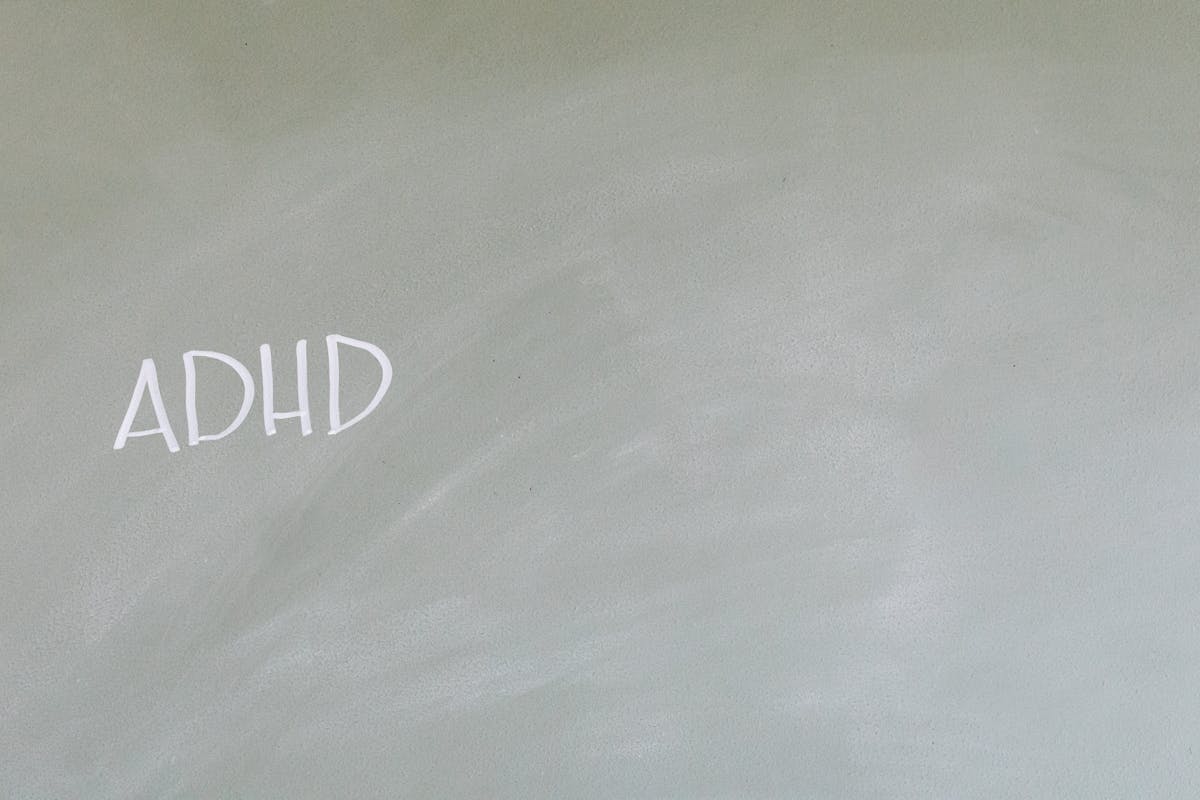Introduction to ADHD for Parents
 by Chris Yun, MD
by Chris Yun, MD
Introduction
Attention-deficit hyperactivity disorder (ADHD) is one of the most common yet stigmatized psychological conditions among children. ADHD is not merely struggling to focus or having boundless energy. Parents may not realize their child’s irritability, tantrums, or unmotivated behavior may actually be undiagnosed ADHD.
If your child has recently been diagnosed, or you suspect they might have ADHD, there are ways you can support them and help them reach their fullest potential. ADHD has nothing to do with ability or intelligence — what children need most is understanding and guidance to treat disruptive behaviors, build confidence, and learn how to manage their symptoms.
Recognizing ADHD in Your Child
Recognizing the symptoms of ADHD is important, even if your child or teen has already received a diagnosis from a doctor or mental health professional. Many parents hear the term and automatically assume that their child will exhibit certain traits.
The media has projected the idea that children with ADHD are hyper and constantly unfocused. In reality, ADHD can just as easily look like a child who always has their “head in the clouds.”
The “hyperactivity” in ADHD can refer to internal processes. This is why racing thoughts, incomplete streams of speech, and bouncing from one topic to the next are common experiences among people with ADHD.
Below are some symptoms of ADHD in children to be mindful of:
Difficulty focusing or getting bored easily before completing tasks.
Rushing through homework, schoolwork, or chores, usually resulting in errors.
Not listening when being spoken to, seeming “oblivious” to the world around them.
Frequently misplacing things such as school supplies, toys, homework, and personal belongings.
Being reprimanded at school for a messy desk, frequently interrupting, or not following directions.
All too often, children and teens who are struggling with ADHD are scolded for their symptoms. This can lead to low self-esteem and further demotivate them to apply themselves.
Teenagers may also exhibit additional signs to be wary of. An ADHD diagnosis can happen at any age, so parents should not rule out ADHD simply because their child isn’t in elementary school.
ADHD symptoms in teens include:
Lack of focus in school and at home.
Starting and abandoning multiple projects.
Difficulty following conversation rules, e.g. cutting people off, changing the subject, leaving mid-conversation, or talking too much.
Commonly procrastinating or leaving things to the last minute.
How to Help Your Child or Teen With ADHD
There are a few key ways you can help your child with ADHD:
Do your research. The best way to help your child is to build understanding through education. Reading this article is a phenomenal start! Look for ADHD resources, such as HelpGuide and the Child’s Mind Institute that provide tips for parents to build from, including ADHD strategies and tips for managing symptoms as a parent. It’s also important to avoid projecting the idea your child has to be “cured.” There is no definitive cure for ADHD, but it is highly manageable.
Get a proper diagnosis. ADHD behaviors may be symptoms of anxiety or depression. It’s important to assess your child for other causes of their symptoms.
Partner with the school. Your child will need additional guidance and understanding from their school to succeed. Arrange a meeting with your child’s teacher(s), the school guidance counselor, and the school psychologist to discuss your child’s needs. Develop an action plan, and work with them to create an Individualized Education Plan (IEP).
You should also consult with a pediatrician who can help support your child’s diagnosis. At Juno Medical, our providers are able to work with parents and children to manage symptoms and find solutions.
Behavioral Management for ADHD Parenting
Positive reinforcement instead of punishment and highly structured routines usually help ADHD symptoms.
Using checklists to help children and teens effectively carry out routines, e.g. getting ready for school, preparing for the next day, doing homework, etc.
Using time limits to perform tasks. These can even be framed as a game to help younger children engage with longer tasks they’d normally abandon.
Allowing children to have emotional time-outs when working on tasks they find frustrating. This can allow you and them to identify their feelings and work on soothing through deep breathing, a hug, or laughing together.
Setting up a rewards chart at home to motivate children to perform activities such as doing homework and chores.
In addition, PCIT (Parent-Child Interaction Therapy) is a training/coaching modality that has been shown to manage ADHD symptoms and decrease frustration in the home.
Building Your ADHD Management Team
Managing your child’s ADHD symptoms will require more than just one person. Parents, doctors, therapists, and teachers must all work together to help children thrive beyond their symptoms and the challenges they present.
Your child’s pediatrician will offer support for problems relating to ADHD, learning disabilities, and other conditions. They can also collaborate with you to provide the most accurate information to your child’s school, psychologist, therapist, and any other specialist who aids their development.
At Juno Medical, our services include ADHD diagnosis and management for children and teens, as well as assessment for other mental health issues such as anxiety and depression. In addition, we will help you find specialized care if your child requires it.
If you’d like to schedule a consultation, please visit our website to see our availability or send us an email at [email protected].